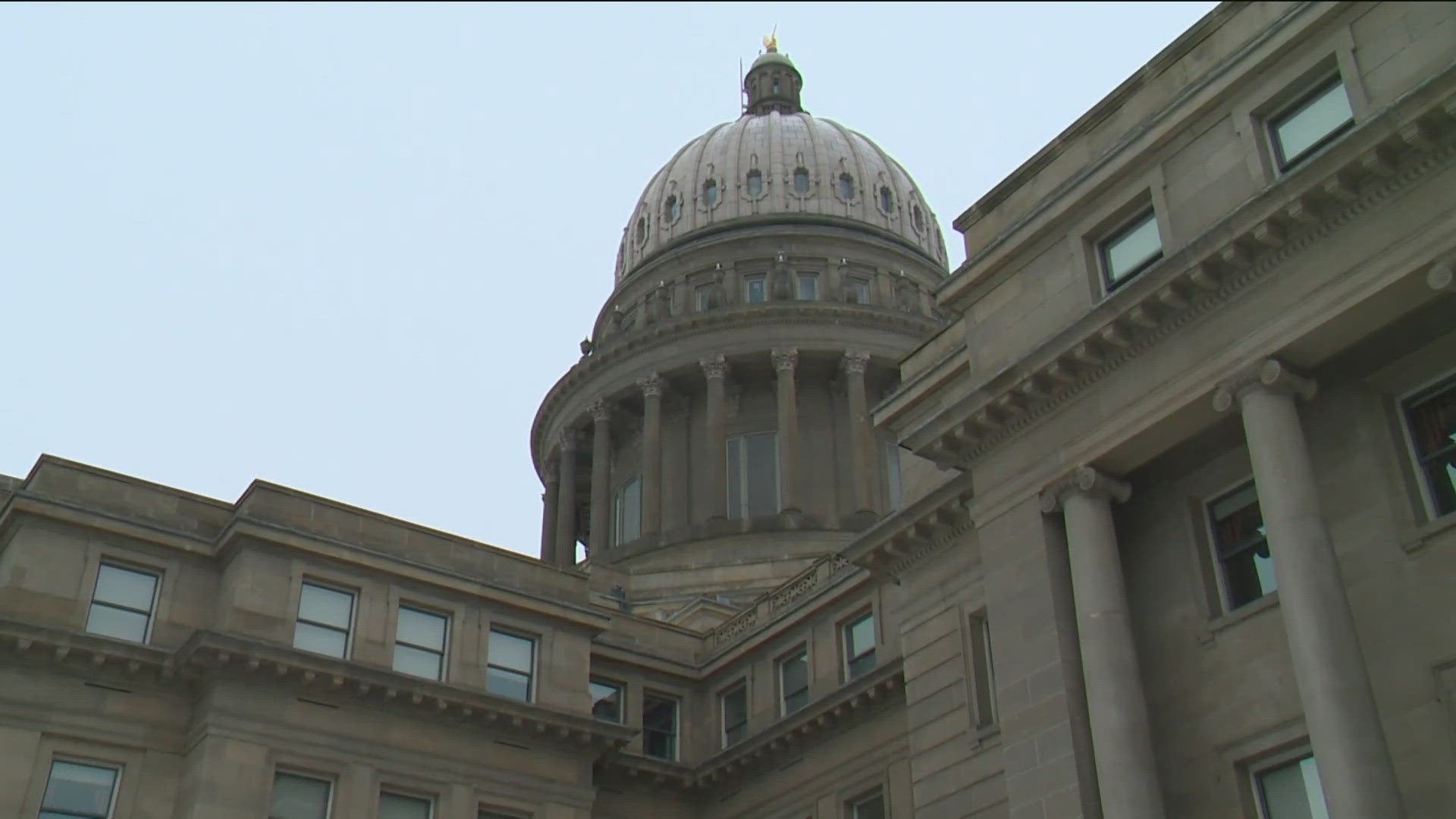BOISE COUNTY, Idaho — In any suspicious or unexpected death, the community is accustomed to there being an autopsy performed to help figure out the cause. However, a recent report found that Idaho ranks near the bottom for autopsies.
According to a February 2024 report by the Office of Performance Evaluations, officials also found autopsies don't happen nearly as often as they should here in Idaho. Also, there is little direction toward coroners on how they should do their jobs. All of that is creating inconsistent death investigations across the state.
To address the situation, a group of county coroners have a plan to fix the shortfalls, and it would include some help from Idaho lawmakers.
Between 2018–2022, the report found Idaho is the third lowest state when it comes to autopsies.
49% of child deaths from external or unknown causes were autopsied in Idaho, which is the lowest in the nation.
92% of homicides in Idaho were autopsied, which is also the lowest in the nation.
National standards recommend at least 95 % to be autopsied.
The report also shows Idaho coroners have no state-level entity for oversight. They rely on other coroners for help, which is where inconsistencies come into play.
"Yes there are problems, there's challenges as far as trying to build the correct system, make it better," said Bannock County Coroner Torey Danner, who is the Vice President of the Idaho State Association of County Coroners.
He gave an overview of the report to the Joint Legislative Oversite Committee.
"We want to make it so it's level across the board that everybody's operating the same way," he said. "We're all investigating the same way. We all have similar education."
Danner said over the summer, he and legislators met to address the issues found in the report. His biggest concern is making sure every coroner keeps getting their certifications.
"I believe that if you have higher education, you have a higher ability to provide better services," he said.
Another concern is how broad the Idaho code is as it doesn't define who should be certifying deaths between coroners and medical personnel.
It also doesn't define the responsibilities of law enforcement and coroners in a death investigation, and it doesn't provide direction on what types of deaths should be autopsied, what information coroners can publicly disclose from death investigations, or how to address spiritual or religious objections to autopsies.
It's why legislators are stepping in.
The proposed legislation would require that coroners continue their education every two years, and classes would have to be approved.
It looks to add several more circumstances in which deaths would be reported to coroners, like when a person was in good health within 36 hours or when the death results from unknown causes.
Also, it specifies that the coroner has jurisdiction over the human remains. It's something Danner said will take time, but it needs to be done.
"That's the goal, is to get us back to where we need to be operating on a national standard," Danner said. "We want to be able to look at our citizens and our public and say, hey, we are offering the best that we can."
The committee asked that the group of coroners come back with a dollar amount that the legislature would appropriate to make sure that they are adequately funded.
With education top of mind for Danner, this would also allow the cost that comes from the education requirements to be reimbursed.
The report shows the median salary for coroners in 2022 was nearly $18,000. It also said the low budgets impact the ability to adequately conduct death investigations and get the training and hires they need.

